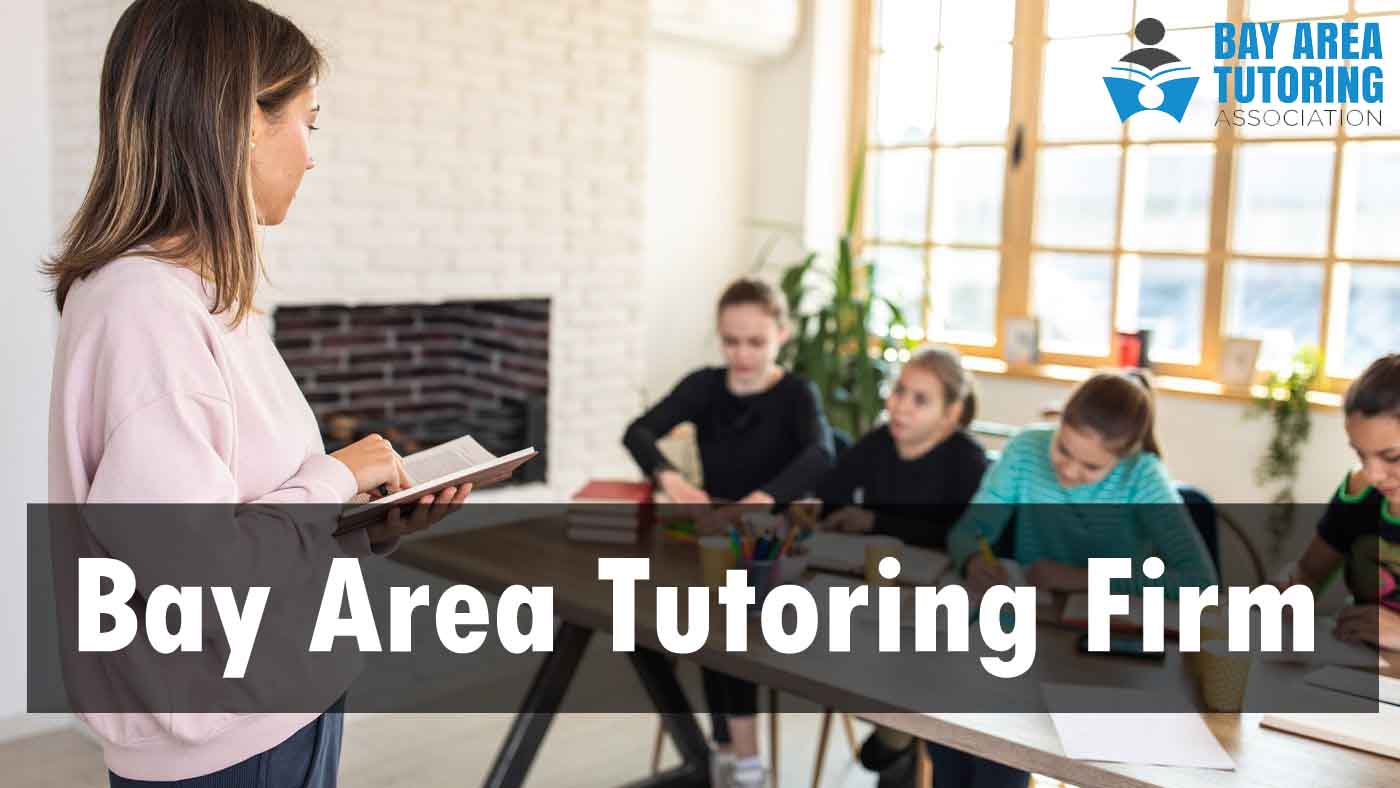After 20 years of tutoring, some things become clear. For one thing, the number of students who work with tutors is increasing. Two, working one-on-one with students is extremely rewarding for both the tutor and the tutee. And three, a few distinct yet generic traits of all successful tutors get crystallized.
Personalized tutoring fills a void that cannot be covered alone by today's institutions. Tutoring is becoming more popular in institutions that use blended learning methods. Bay Area tutoring firm is awarding funds to forward-thinking online teaching firms such as bayareatutor.org and other Academies. Tutoring goes to the heart of studying, personalizing the understanding and teaching of the subject at hand, as more parents and teachers realize. With all of the distractions in today's hyper-technological environment, kids require some face-to-face engagement through mentorship, tutoring, and coaching.
Modern tutoring, however, is no longer limited to traditional face-to-face sessions. With advanced educational platforms and the emergence of AI tutors, students can now receive personalized academic support anytime, anywhere. These intelligent systems adapt to a learner’s pace, identify weak areas, and provide real-time feedback, complementing the work of human tutors rather than replacing them.
Defining Achievement
I've discovered numerous constant elements that consistently result in great tutors who frequently enhance students ’ academic performance and raise kids' self-efficacy.
Successful tutors form close, emotional ties with their kids.
Tutors play a distinct function than instructors and parents, which puts them in an advantageous position to assist kids. Personal relationships are fundamental to student achievement; the more attached a student thinks to his or her tutor, the more the tutor instills trust and respect, all of which are necessary components for students to learn well. When a tutor listens to his or her student and takes the time to create a relationship with him or her, the tutor can:
- Personalize learning to the fullest extent possible.
- Include connection to the student's areas of interest.
- Teach to the strengths of the student.
- Reduce the student's flaws as much as possible.
We discovered that with a tutor who develops a close, personal relationship with them, 95% of our students are more likely to boost their assignment completion and accuracy. Furthermore, our students were 86% more likely to create objectives, use their daily agenda, and improve their social study abilities and organizing tactics.
The Perfect Relationship
Tutoring is a common occurrence. Tutors who are good at what they do understand the need of matching their teaching to what's going on in the classroom. Teachers and parents see their children every day, so a tutor who meets with a student once a week for an hour must appreciate how much learning takes place while he or she is not here.
Teachers
When instructors make use of the tutoring resources available to them, students benefit greatly. I didn't have enough time as a previous high school mathematics and science teacher to personalize education for my students. Teachers, double-check that your student's tutor has the syllabus and is aware of your student's grade. Make it a point to check in with the tutor on a regular basis (weekly, monthly, or whatever "regular" means to you) to assess student strengths and shortcomings. I would advise younger students to communicate with tutors more frequently.
Parents
Parents frequently set the tone for their child's tutoring engagement and have the chance to reinforce teachings. If you're a parent, keep in touch with your child's tutor on a frequent basis. One parent informed me that working with their child's tutor, helping her child prepare for each session and learning things each week, has taught her a lot. Learning occurs in both ways, from the tutor to the student, and from the student to the parent, and vice versa. Asking your youngster to teach you what you learnt today at school (or from your tutor) is a terrific method to improve understanding.
Tutors
The top tutors and teachers understand the necessity of continuing to study throughout one's life. Even the most experienced tutors may always improve. Set key performance indicators (KPIs) for yourself, tutors, that you can track on a weekly, quarterly, or annual basis. Consider the following questions:
- How frequently do you communicate with parents and teachers?
- How frequently do you check in with your pupils about their goals?
- How do you track a student's progress and growth?
- What possibilities for professional growth do you take use of?
Check out bayareatutor.org and see what Education Week has to offer for teacher professional development, in addition as having conversations with other tutors to discuss best practices. Look into what local schools and charities have to offer, inquire about what literature and articles instructors are reading, and keep up with educator blogs.


Comments
Post a Comment